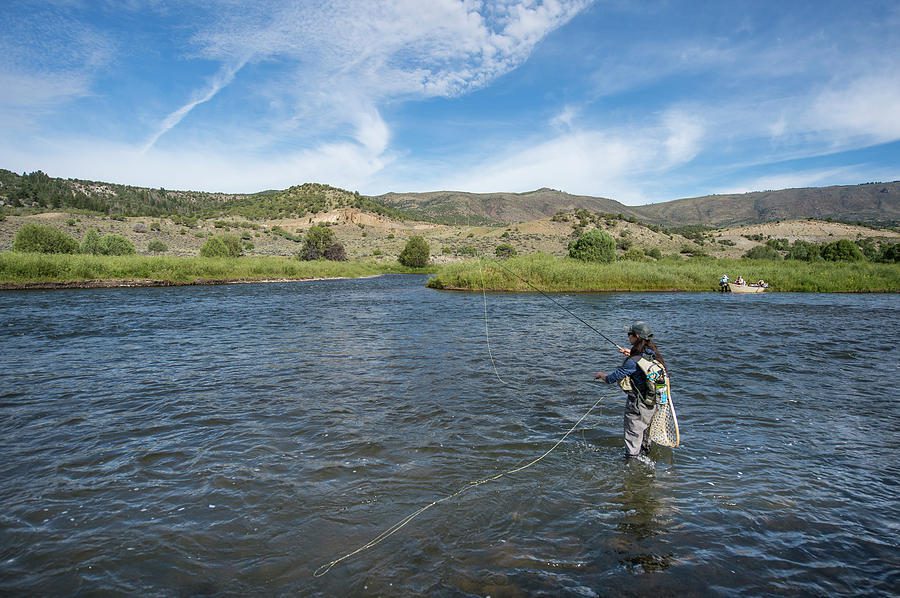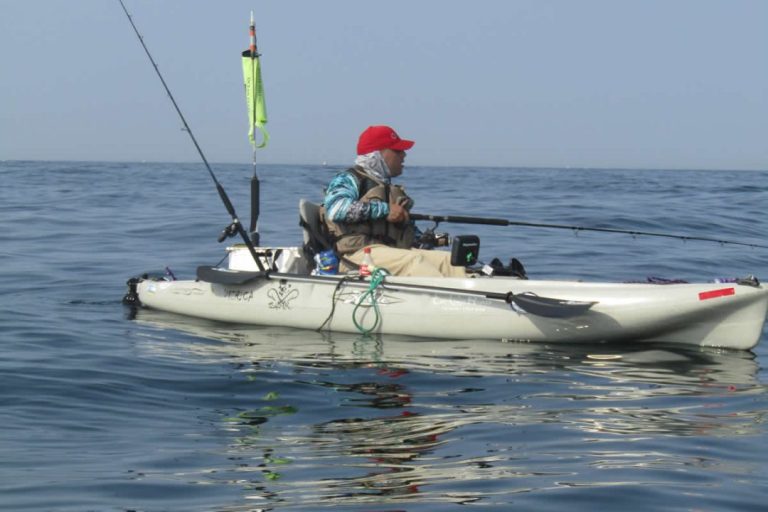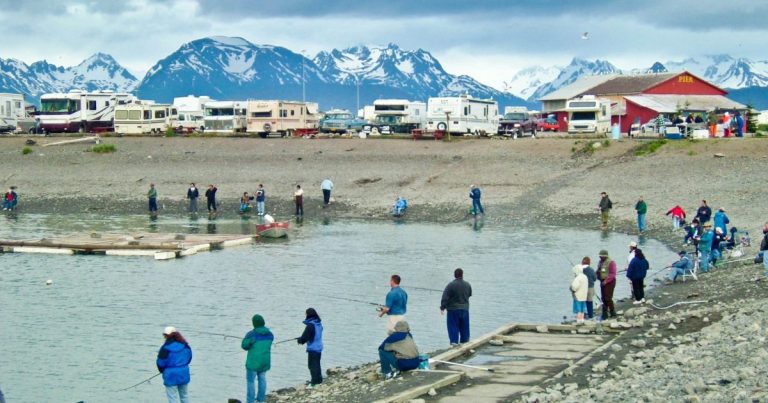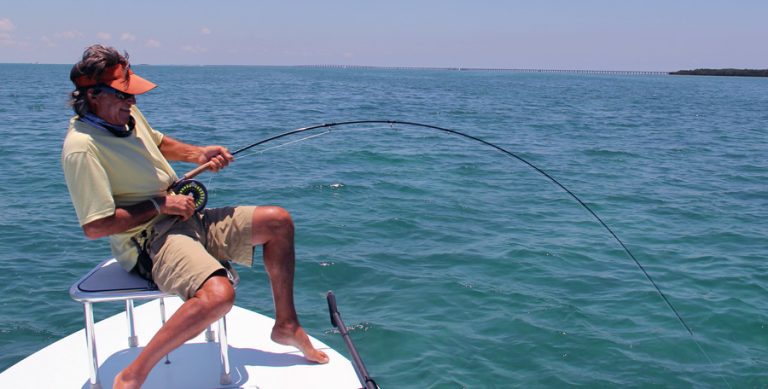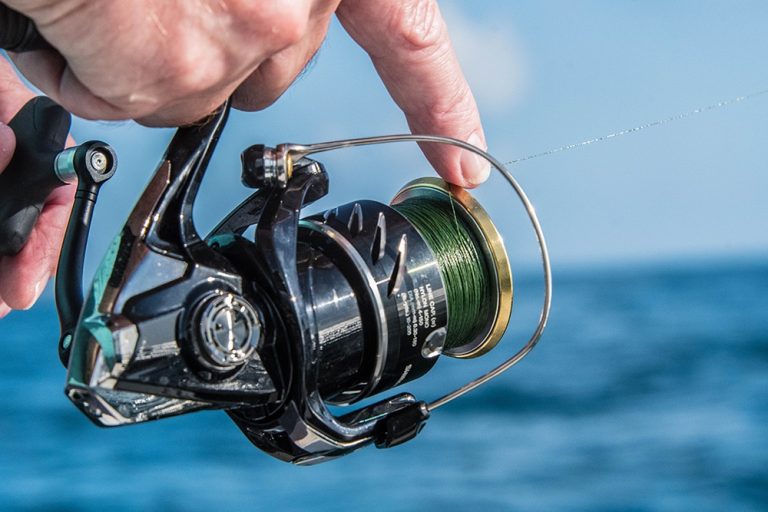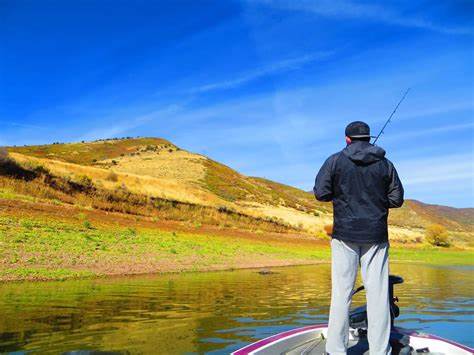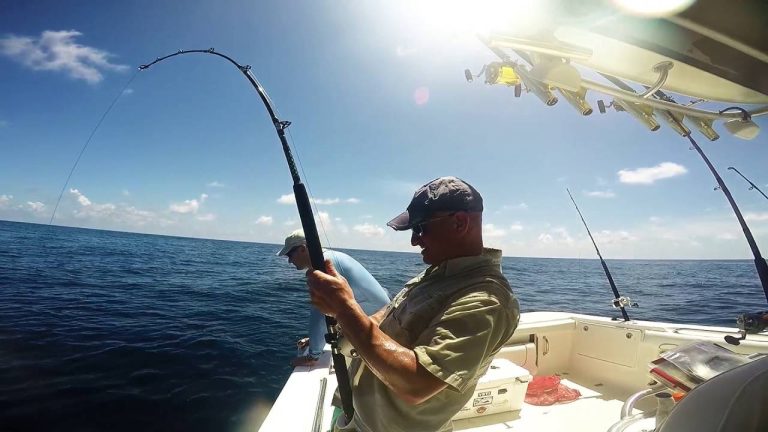Arkansas is home to a thriving commercial fishing industry, supported by regulations designed to ensure the sustainable management of its aquatic resources. If you plan to engage in commercial fishing activities in the state, obtaining the appropriate licenses and permits is essential. This comprehensive guide will provide you with all the necessary information regarding commercial fishing licenses in Arkansas for 2025, including types of licenses, costs, regulations, and conservation efforts.
Understanding Commercial Fishing in Arkansas
The commercial fishing sector in Arkansas is not only a source of livelihood for many but also plays a crucial role in the state’s economy. The Arkansas Game and Fish Commission (AGFC) oversees the licensing and regulation of commercial fishing activities to maintain the health of fish populations and aquatic ecosystems. This guide will help you navigate the licensing process and understand the responsibilities that come with it.
Types of Commercial Fishing Licenses
To legally engage in commercial fishing in Arkansas, you must obtain the appropriate licenses. Below is a detailed overview of the various types of commercial fishing licenses available in the state.
| License Type | Cost | Valid Until |
|---|---|---|
| Resident Commercial Fishing Permit | $25.00 | December 31st |
| Resident Fisheries Conservation License | $10.50 | December 31st |
| Junior/Senior Commercial Fishing Permit | $14.50 | December 31st |
| Resident Commercial Fishing Helper’s Permit | $25.00 | December 31st |
| Non-Resident Commercial Fishing License | $60.00 | December 31st |
1. Resident Commercial Fishing Permit
To purchase commercial fishing tackle tags or operate commercial fishing gear in Arkansas, you must have a valid Resident Commercial Fishing Permit. This permit allows you to sell or attempt to sell Arkansas wild-caught commercial aquatic wildlife. The cost for this permit is $25, and it expires on December 31st of each year. For more details, visit the AGFC Licensing Page.
2. Resident Fisheries Conservation License
This license, costing $10.50, is required for individuals who wish to assist in commercial fishing activities. It is essential for those who may not be the primary license holder but will be involved in the fishing process.
3. Junior/Senior Commercial Fishing Permit
Individuals aged 65 or older, as well as youths, can obtain a Junior/Senior Commercial Fishing Permit for $14.50. This permit is designed to encourage participation in commercial fishing among younger and senior demographics.
4. Resident Commercial Fishing Helper’s Permit
A person holding a Resident Commercial Fishing Helper’s Permit, which costs $25, can operate the properly tagged tackle of the permitted commercial fisher for whom they hold the permit. This allows for collaborative fishing efforts and supports the commercial fishing community.
5. Non-Resident Commercial Fishing License
For non-residents wishing to engage in commercial fishing in Arkansas, a Non-Resident Commercial Fishing License is available for $60. This license provides the same privileges as the Resident Commercial Fishing Permit but is tailored for those who do not reside in the state.
Application Process for Commercial Fishing Licenses
Obtaining a commercial fishing license in Arkansas involves a straightforward application process. Here’s a step-by-step guide to help you navigate through it.
Step 1: Determine the Required License
Identify which type of commercial fishing license you need based on your age, residency status, and intended fishing activities.
Step 2: Gather Necessary Documentation
Prepare the required documents, which may include:
- Proof of residency (for resident licenses)
- Identification (such as a driver’s license)
- Any previous fishing licenses (if applicable)
Step 3: Complete the Application
You can apply for your commercial fishing license through the Arkansas Game and Fish Commission’s online licensing system or at designated offices. The online system provides a convenient way to complete your application and make payments. Visit the AGFC Online Licensing System to get started.
Step 4: Pay the License Fee
Make sure to pay the appropriate fee for your selected license type. Payment can typically be made via credit card or other accepted methods on the AGFC website.
Step 5: Receive Your License
Once your application is processed, you will receive your license, which must be kept on your person while fishing.
For more information and to apply for your license, visit the Arkansas Game and Fish Commission website.
Regulations Governing Commercial Fishing
Arkansas has established specific regulations governing commercial fishing activities to ensure sustainable practices and protect aquatic ecosystems. Here are some key regulations to be aware of:
Seasonal Restrictions
Certain water bodies in Arkansas have seasonal restrictions that dictate when commercial fishing can occur. It is crucial for fishers to familiarize themselves with these restrictions to avoid penalties. For detailed regulations, visit the AGFC Regulations page.
Minimum Size Limits
To protect juvenile fish populations, Arkansas enforces minimum size limits for various species. For example, the minimum size for catfish and buffalo fish is set at 16 inches. Fishers must measure their catch and adhere to these limits.
Prohibited Areas
Commercial fishing is prohibited in specific areas, including the Arkansas River Navigation System. It is essential to know these areas to avoid legal repercussions.
Reporting Requirements
Commercial fishers are required to report their harvests to the AGFC. Accurate reporting helps in the management of fish populations and ensures compliance with state regulations.
Sale of Wild-Caught Aquatic Wildlife
Selling wild-caught aquatic wildlife in Arkansas is strictly regulated. It is unlawful to sell or attempt to sell Arkansas wild-caught commercial aquatic wildlife without a current Resident Commercial Fishing Permit and Sportfishing License.
Documentation for Sales
When selling aquatic wildlife, fishers must provide a bill of sale or receipt of transfer that includes the permit number. This documentation must be retained for 12 months and made available for inspection by authorities.
Conservation Efforts in Arkansas
The revenue generated from commercial fishing licenses and permits plays a vital role in supporting conservation initiatives across the state. These funds are allocated towards:
- Habitat restoration projects
- Public access improvements for fishing
- Educational programs on sustainable fishing practices
By participating in the commercial fishing industry and adhering to regulations, fishers contribute to the long-term health of Arkansas’s aquatic resources.
Consequences of Violating Regulations
It is crucial to understand that violating commercial fishing regulations can result in serious consequences. Penalties may include:
- Fines
- License suspensions
- Revocations
The severity of the penalty typically correlates with the nature of the violation. Therefore, it is essential for commercial fishers to stay informed and compliant with all regulations.
What is the cost of a commercial fishing license in Arkansas?
The cost varies depending on the type of license. For example, a Resident Commercial Fishing Permit costs $25, while a Non-Resident Commercial Fishing License is $60. For a complete list of fees, visit the AGFC Fishing License Fees page.
How do I apply for a commercial fishing license?
You can apply online through the Arkansas Game and Fish Commission’s website or at designated offices. More details can be found on the AGFC Online Licensing System.
Are there age restrictions for commercial fishing licenses?
Yes, individuals aged 65 or older can apply for a Junior/Senior Commercial Fishing Permit at a reduced cost of $14.50.
What happens if I violate commercial fishing regulations?
Violations can result in fines, license suspensions, or revocations, depending on the severity of the offense.
How does commercial fishing support conservation efforts?
Revenue from fishing licenses funds habitat restoration, public access improvements, and educational programs aimed at promoting sustainable fishing practices.
Conclusion
Engaging in commercial fishing in Arkansas requires a thorough understanding of the licensing process, regulations, and conservation efforts. By obtaining the proper licenses and adhering to state regulations, commercial fishers can contribute to the sustainable management of Arkansas’s aquatic resources while supporting their livelihoods. For more information and to apply for your license, visit the Arkansas Game and Fish Commission website.
This comprehensive guide aims to equip you with the knowledge necessary to navigate the commercial fishing landscape in Arkansas effectively. Whether you are a seasoned fisher or new to the industry, understanding these elements is crucial for success and sustainability in commercial fishing.



